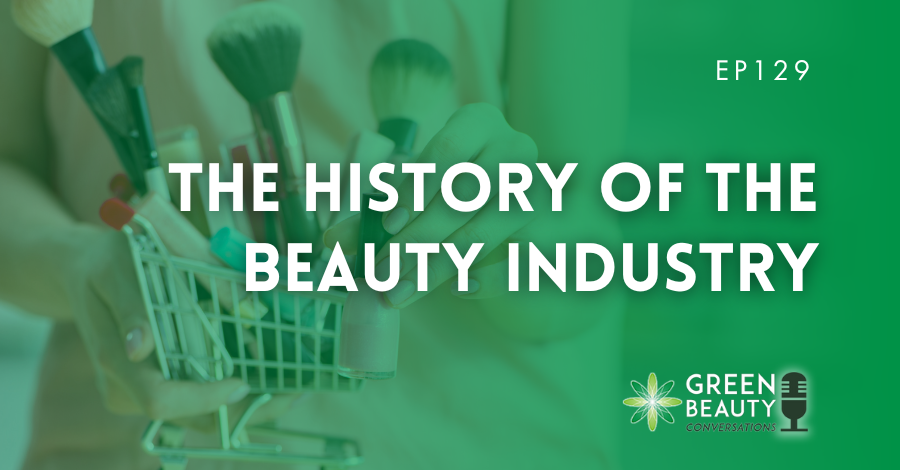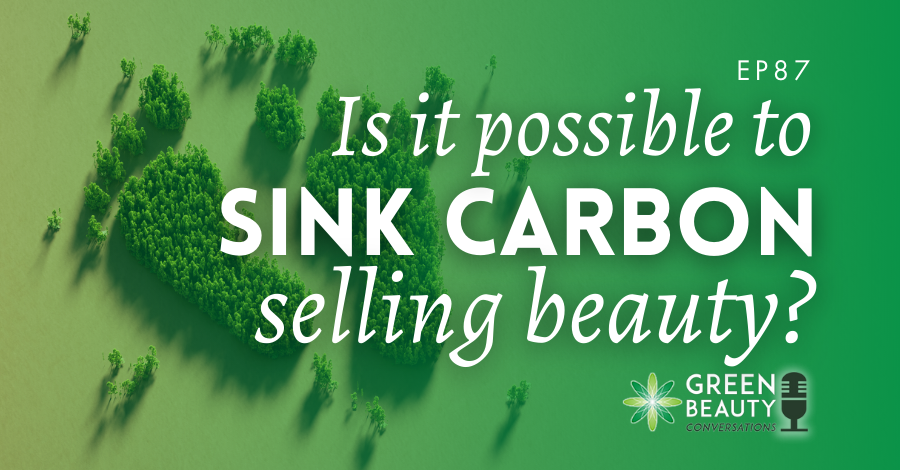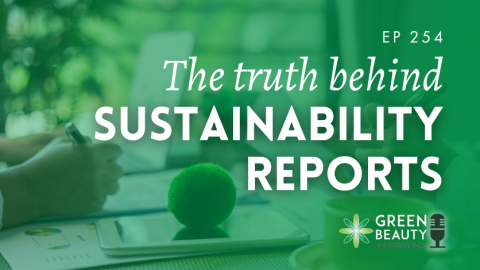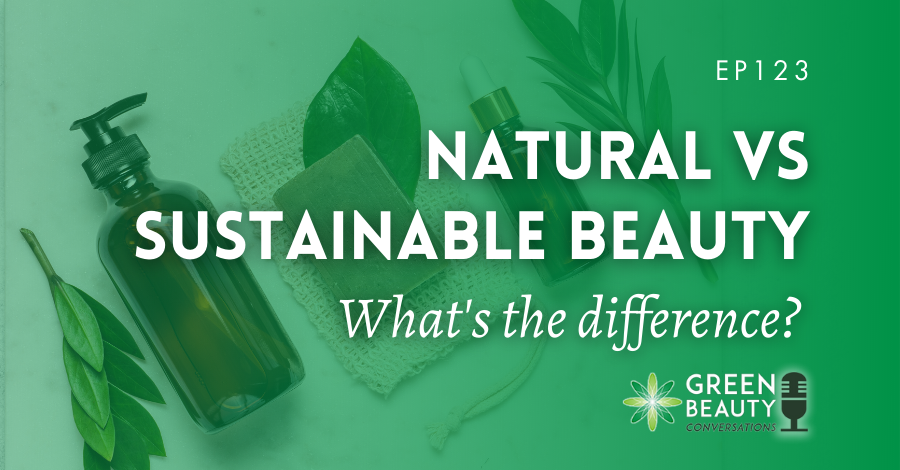What can history possibly teach us about the modern-day beauty industry? As it happens, there is a lot to discover in the history of the beauty industry that is of relevance today.
The lives of early beauty industry pioneers alone hold clues to how we have arrived at today’s global cosmetic industry. There are parallels, for example, between how those early-20th century industry personalities started their businesses and the indie beauty founders of today; word-of-mouth marketing of a century ago and social media marketing of today are similar in their aims.
Fuelled by a desire to unearth the secrets of today’s phenomenally-successfully global beauty industry and discover indie beauty’s place in it, Formula Botanica CEO and podcast host Lorraine Dallmeier read dozens of books on the sector. One in particular stood out for its sheer depth and breadth of analysis of how the past continues to shape the beauty sector today.
In this podcast episode, Lorraine interviews Geoffrey Jones, author of Beauty Imagined: A History of the Global Beauty Industry, who is Isidor Straus Professor of Business History at the Harvard Business School. Listen in for some fascinating insights into, among other topics, the myths, lies and makeup that helped shaped the modern beauty industry we know today.
What can history teach indie beauty today? @FormulaBotanica podcast talks to @HarvardHBS Prof. Geoffrey Jones, author of Beauty Imagined: the History of the Global Beauty Industry. #beautyindustry #cosmeticsindustry Share on X
In this episode on the history of the beauty industry, you will hear:
- While countless books on beauty and cosmetics have been published, only a few look at how the industry became a powerful global business with significant influence on individuals’ lives.
- Beauty products have been around for millennia, but they evolved into a commercial sector after the industrial revolution with the arrival of new inventions and social-economic developments. Electric lighting and photography, and even advances in mirror technology, gave people greater awareness of their visual appearance and of the need to look their best.
- Before the 1800s, cosmetics were made within homes and were considered, like cooking, a domestic skill. Similarly, many indie formulators today start out making DIY products at home using natural ingredients.
- A few key players, such as Helena Rubenstein and Max Factor in the States, shaped not only the beginnings of the modern beauty industry, but influenced also its development well into the mid-20th century. Helena Rubenstein was the first founder to be seen wearing a white lab coat thereby making a link that became a mainstay of cosmetics’ marketing for decades. Max Factor, who focused on creating makeup for Hollywood film studios, was instrumental in taking makeup from stage and screen to the masses.
Key takeouts include:
- While it was tough for early beauty industry founders, they had the advantage of making a new sector. Today’s founders may find entry to the beauty industry easier, but can find sustaining and growing their businesses far harder than their predecessors as access to financing can be problematic.
- We are seeing a weakening of the big 20th century personal care companies and a corresponding rise in indie and smaller-scale beauty brands as consumers are now seeking authenticity and transparency from an industry that has traditionally been secretive.
- One of the foremost lessons to learn from the history of the beauty industry is that while it has great potential to make people feel better about themselves, it has the power also to do the exact opposite by, for instance, promoting images of ideals in beauty that play on our insecurities and feelings of self-worth.
- There are however also examples in beauty history of companies well ahead of their time in areas of the industry only now being addressed. Brazilian company Natura & Co, one of the world’s largest B-Corp entities and owner of Avon, Aesop and the Body Shop, was founded in 1969 with a mission to promote environmental goals and social wellbeing.
Meet our guest

Harvard Business School is considered to be the leading business school in the world. The school’s two year MBA program enrols 1,000 students annually and offers an extensive range of executive education courses. Harvard Business School is noted for its exclusive use of “case method” teaching rather than lectures.
Geoffrey G. Jones – Isidor Straus Professor of Business History, Harvard Business School
Beauty Imagined: A History of the Global Beauty Industry is available on Amazon and at Oxford University Press.
Thank you for joining us for this episode of the Formula Botanica Green Beauty Conversations podcast. If you enjoyed listening, please share, subscribe and review this episode on Apple Podcasts, Spotify or Youtube so that more people can enjoy the show. Don’t forget to follow and connect with us on Facebook and Instagram.
FREE TRAINING
Learn how to become an
Organic Skincare Formulator
FREE TRAINING
How to become an
Organic Skincare Entrepreneur
FREE TRAINING
How to become an
Organic Skincare Entrepreneur
Leave us a comment
Lorraine Dallmeier is a Biologist, Chartered Environmentalist and the CEO of Formula Botanica, the award-winning online organic cosmetic science school. Read more about Lorraine and the Formula Botanica Team.




























